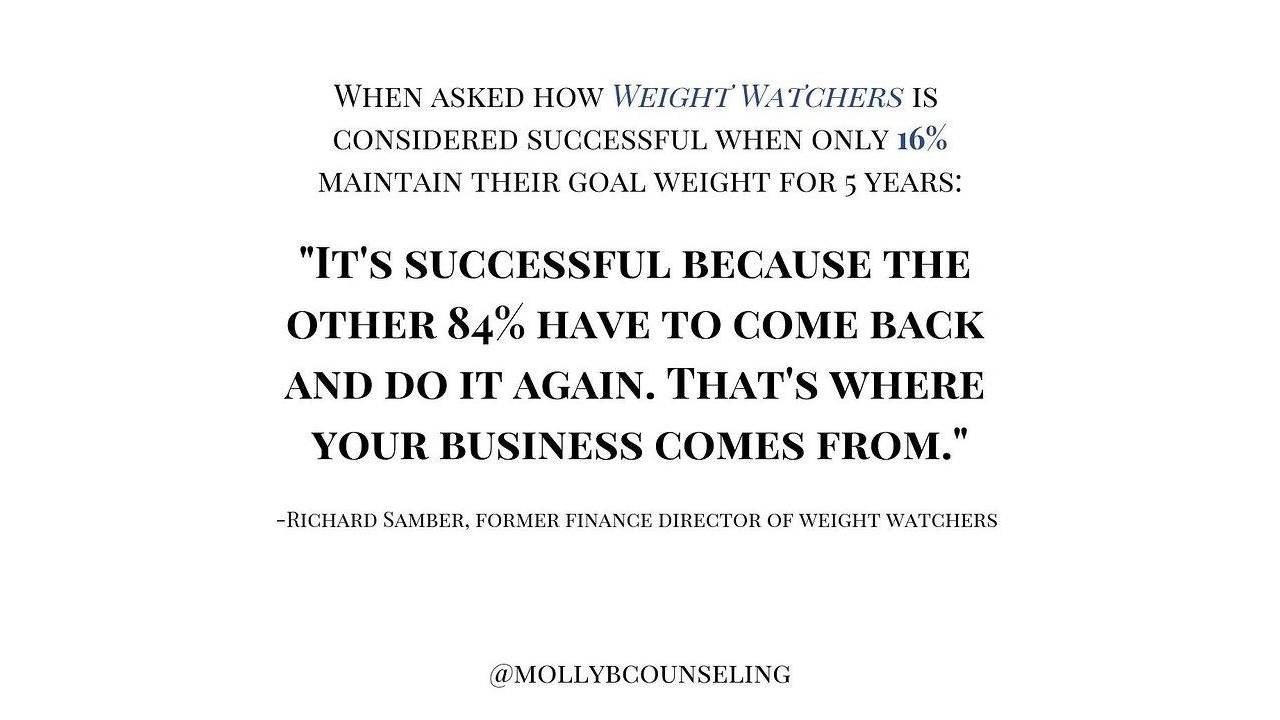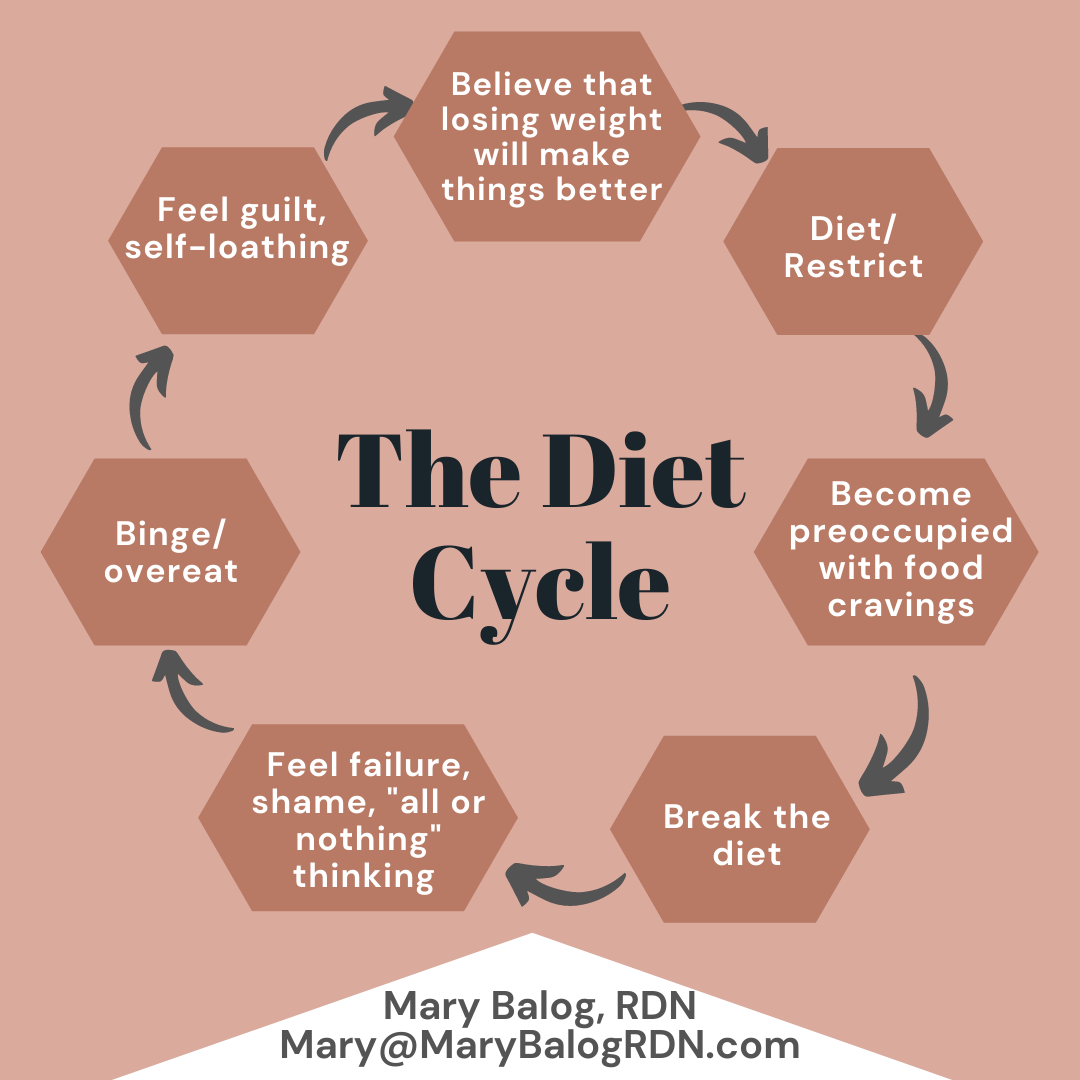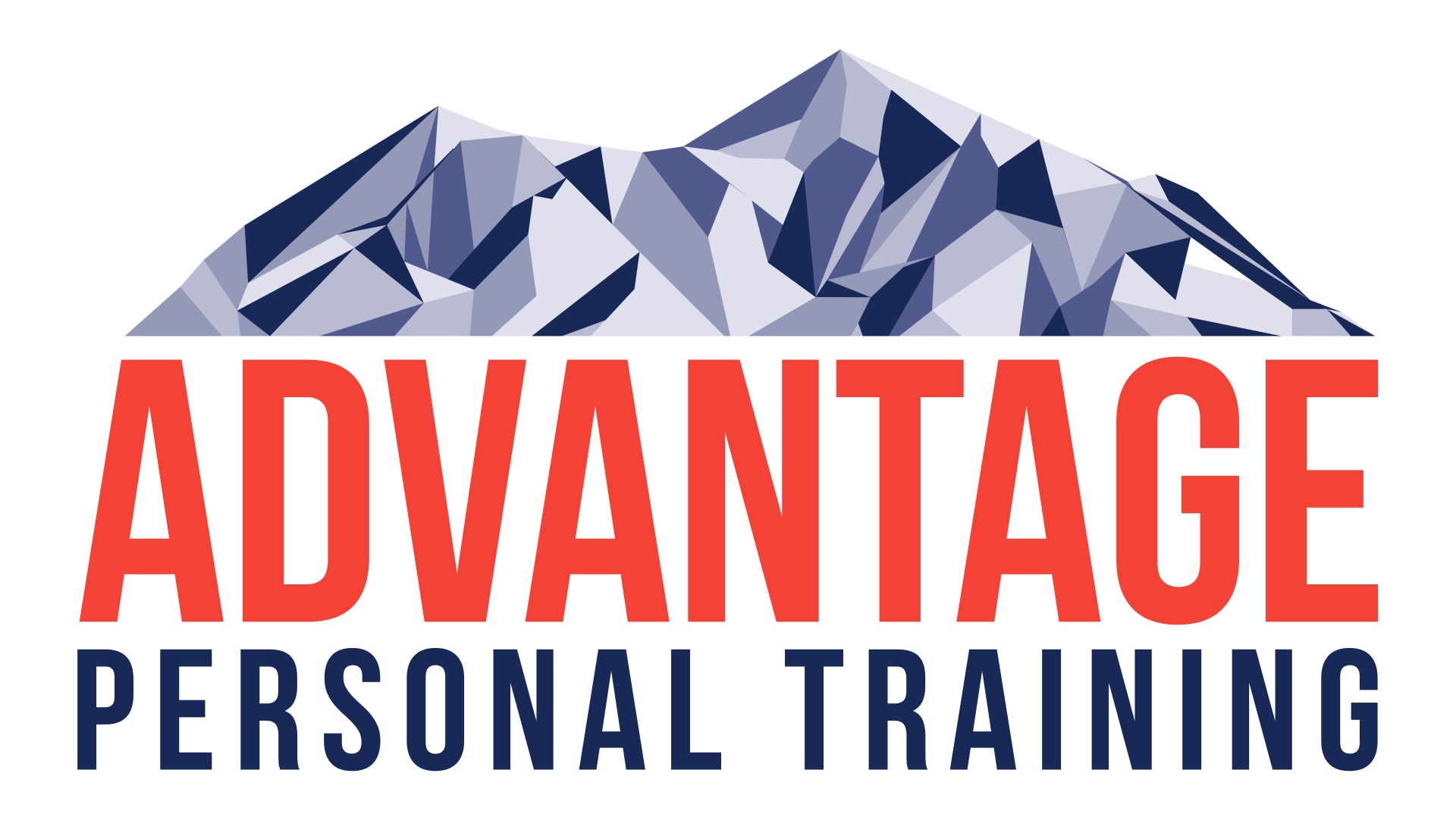3 More Lessons From a Life in Athletics
Athletics teach you how to prepare for some of life’s big moments.
Recently I had the opportunity to speak at the National Strength and Conditioning Association’s Training for Hockey Clinic in Colorado Springs. This is a national event which included presentations from some of the top hockey strength coaches in the NHL, NCAA, and private sector. To say it was an honor to speak along with those coaches is an understatement. It was an amazing opportunity to learn from and associate with the top coaches in hockey.
As a part of such a distinguished group of speakers, I knew my presentation had to be solid. In the weeks before the clinic, I found myself using habits and techniques I learned from a lifetime in hockey to prepare for the “big game”. I have written a few articles about the education athletics can offer ( Lessons from a Life in Athletics and Why I Never Played in the NHL ), and it turns out my playing days had taught me the best way to prepare for this big opportunity. By preparing for hundreds of college and pro games, NCAA tournament games, conference championships, playoff game 7’s, and league championships, I was unknowingly developing habits to help me succeed in life’s “must win” situations. These lessons apply to anyone who needs to be his or her best for an upcoming presentation, job interview, lecture, or any other situation where the spotlight is on you and you have to perform. By doing these 3 things, I went into my presentation well practiced, with confidence and controlled nerves, just like I would want to go into a big game. Here’s a few things I did to prepare for my presentation.
1. Practice makes permanent
A few weeks before the clinic in Colorado Springs, I had the chance to deliver my presentation at a smaller clinic. It was an opportunity to go through all my speaking points in front of an audience, and be held to the same time limit I would have for the big clinic. Practicing in lower risk environment (think scrimmage vs real game) gives you a chance to play it like a game, but without all the pressures of really NEEDING to succeed. Poor performance doesn’t have the same consequences as it would in the real game. This first presentation gave me a chance to warm up and improve upon my existing material. My experience in practice and game-like situations showed me how to prepare for this big speaking opportunity.
2. Watch the tape
The presentation I gave at the “warm up” clinic was recorded, so I was able to sit down and watch that presentation as the audience saw it. A significant part of college and pro hockey revolves around watching game tape. There are actually people on staff whose role is to break down film so coaches and players can easily pull up goals, power plays, or individual shifts. When you watch a recording of your performance, you get a whole new perspective on what it looked like to other people. You can pick up a ton of great info just by watching yourself on tape (painful as that might be sometimes!). For instance, I learned that I tend to wring my hands in front of me while speaking, and it was a bit distracting. I also figured out there were a lot more “ums” than I would have guessed. The recording offered me information about what I needed to improve upon before the next presentation. In my athletic career, I learned the importance of watching previous performances on tape and finding ways to improve before the next one. That will come in handy for any of you who have a big performance coming up!
3. Make all your butterflies fly in the same direction
The most significant contribution from my athletics career came in handy about an hour before my presentation. This is a window of time where butterflies begin to build and nerves could have very easily gotten the best of me, leading to decreased performance. But, having been in that pre-game situation nearly 1,000 times since high school taught me how to deal with pressure and mounting nerves. I used the same techniques I would have used before a game. I did a short, easy warm up (as much as I could while wearing dress pants) to get some blood flowing. I also used positive thoughts to keep away any negativity (I’ve got this, I’m fully prepared, people are going to love this content), and I visualized myself giving the perfect presentation. These habits helped me get excited about delivering my presentation rather than being sick with nervousness. I was able to get all the butterflies to fly in the same direction. I was psyched up, not psyched out.
The habits I developed for optimum performance on the ice definitely helped me prepare for this real- life performance. Add these to the list of lessons athletics can teach us, whether we are in T-ball or the NHL. I will always believe athletics add value to kids’ lives, not just because good youth programs teach lifelong love of movement, but also because of the lessons that translate to school, home, or the business world.
Was what you read interesting? Maybe even helpful? Join our Insider’s list and we will keep our best stuff coming right to your inbox.
Join Our List



Advantage Personal Training is an Ann Arbor based Family Oriented Gym, focusing on the training needs of individuals, small groups and youth athletes. Meet with a results-oriented personal trainer and put yourself on the path to a more active life!
SERVICES
CONTACT INFORMATION
Hours of Operation
Mon to Fri: 6:00 AM - 8:30 PM
Sat: 8:30 AM - 12:30 PM
Sun: CLOSED
All Rights Reserved | Advantage Personal Training

